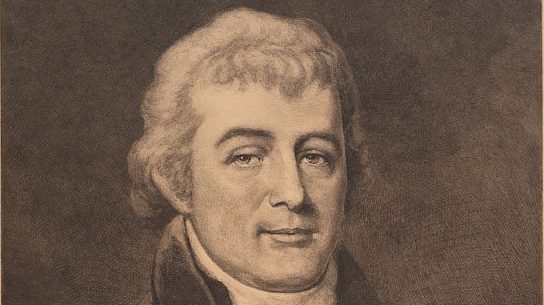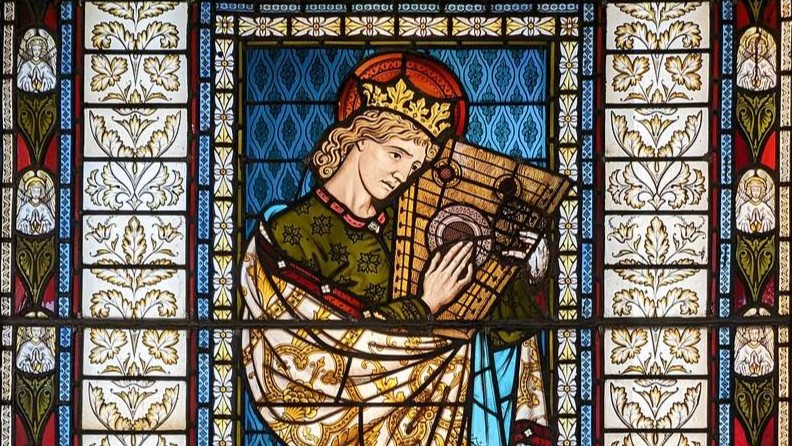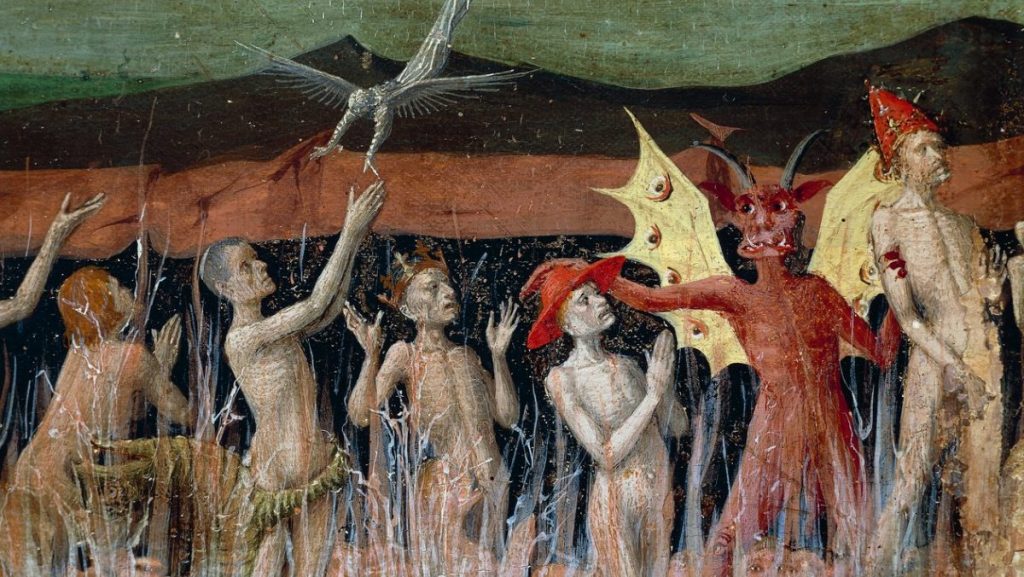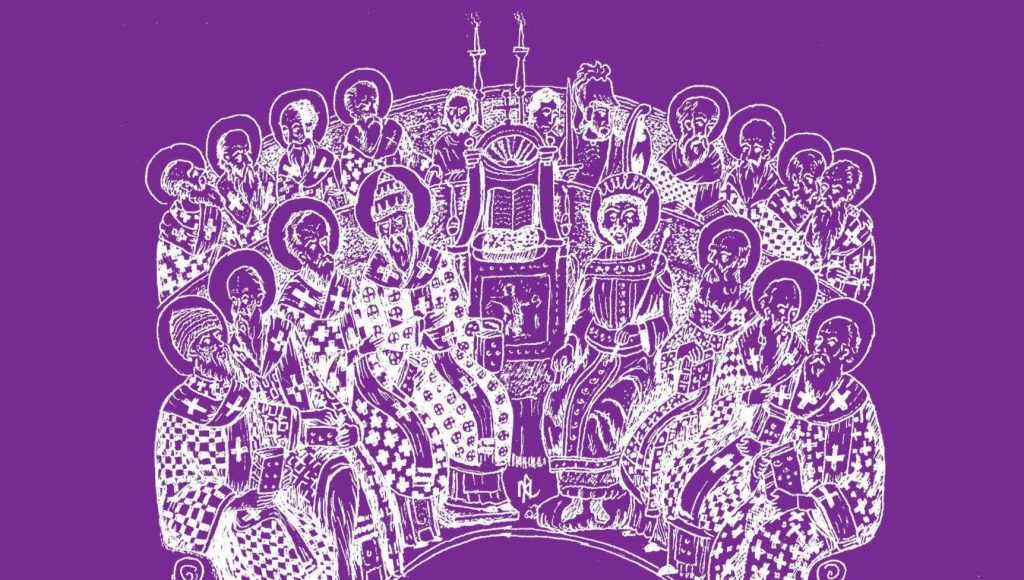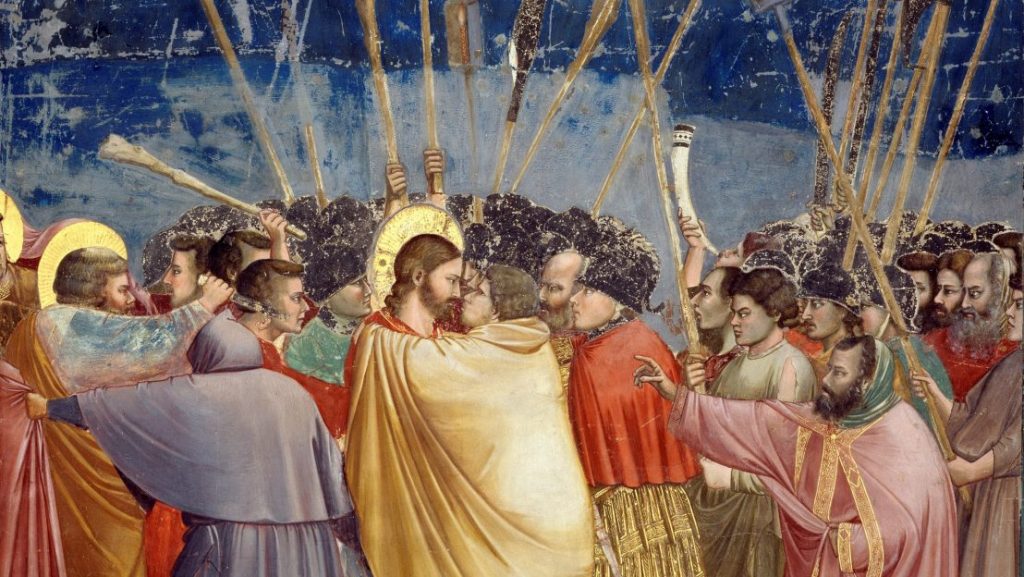(Updated June 24, 2025)
Luther Martin (1744/48-1826) was an American Founder who, while attending the Constitutional Convention, was a strong Anti-Federalist voice (he left before the Convention completed its work). Throughout his life, he fought major legal cases, and served several times as Maryland’s Attorney General.
Next to each quote are the Topic Quote Archives in which they are included.
This Quote Archive is being continuously updated as research continues. Quotes marked with “***” have not yet been organized into their respective Topic Quote Archives.
Luther Martin, The Genuine Information, VIII (January 22, 1788)1
Luther Martin: Principled Against the Constitution Because of Slavery
Luther Martin (1748-1826) was one of the few delegates who left the Constitutional Convention in protest. When the Constitution was up for ratification in his home state of Maryland, he strongly recommended they reject it. Among his strongest reasons were the fact that it did not abolish slavery, or acknowledge God:
[I]t must appear to the world absurd and disgraceful to the last degree, that we should except from the exercise of that power [commerce], the only branch 645 | 646 of commerce, which is unjustifiable in its nature, and contrary to the rights of mankind—That on the contrary, we ought rather to prohibit expressly in our constitution, the further importation of slaves; and to authorize the general government from time to time, to make such regulations as should be thought most advantageous for the gradual abolition of slavery, and the emancipation of the slaves which are already in the States.
That slavery is inconsistent with the genius of republicanism, and has a tendency to destroy those principles on which it is supported, as it lessens the sense of the equal rights of mankind, and habituates us to tyranny and oppression… 646 | 647
When our own liberties were at stake, we warmly felt for the common rights of men—The danger being thought to be passed, which threatened ourselves, we are daily growing more insensible to those rights…
His conclusion was a rousing endorsement of the fundamental principles of the Declaration of Independence against slavery:
[W]e had but just assumed a place among independent nations, in consequence of our opposition to the attempts of Great Britain to enslave us; that this opposition was grounded upon the preservation of those rights, to which God and Nature had entitled us, not in particular, but in common with all the rest of mankind—That we had appealed to the Supreme being for his assistance, as the God of freedom, who could not but approve our efforts to preserve the rights which he had thus imparted to his creatures; that now, when we scarcely had risen from our knees, from supplicating his aid and protection—in forming our government over a free people, a government formed pretendedly on the principles of liberty and for its preservation—in that government to have a provision, not only putting it out of its power to restrain and prevent the slave trade, but even encouraging that most infamous traffic, by giving the States power and influence in the union, in proportion as they cruelly and wantonly sport with the rights of their fellow creatures, ought to be considered as a solemn mockery of, and insult to, that God whose protection we had then implored, and could not fail to hold us up in detestation, and render us contemptible to every true friend of liberty in the world. It was said, it ought to be considered that national crimes can only be, and frequently are, punished in this world by national punishments, and that the continuance of the slave trade, and thus giving it a national sanction and encouragement, ought to be considered as justly exposing us to the displeasure and vengeance of Him, who is equal Lord of all, and who views with equal eye, the poor African slave and his American master!
Luther Martin, The Genuine Information, XII (February 8, 1788)2
Speaking sarcastically, Martin remarked on the Constitution’s lack of any acknowledgement of God:
[H]owever, there were some members so unfashionable as to think that a belief of the existence of a Deity, and of a state of future rewards and punishments would be some security for the good conduct of our rulers, and that in a Christian country it would be at least decent to hold out some distinction between the professors of Christianity and downright infidelity or paganism.
He pointed to the fact that even the Articles of Confederation “called upon the Supreme Being as a witness and avenger between them [the States].” He ended with a passionate plea that the Constitution be rejected for, among others, these defects:
I would reduce myself to indigence and poverty; and those who are dearer to me than my own existence I would entrust to the care and protection of that Providence who hath so kindly protected myself, if on those terms only I could procure my country to reject those chains which are forged for it.
